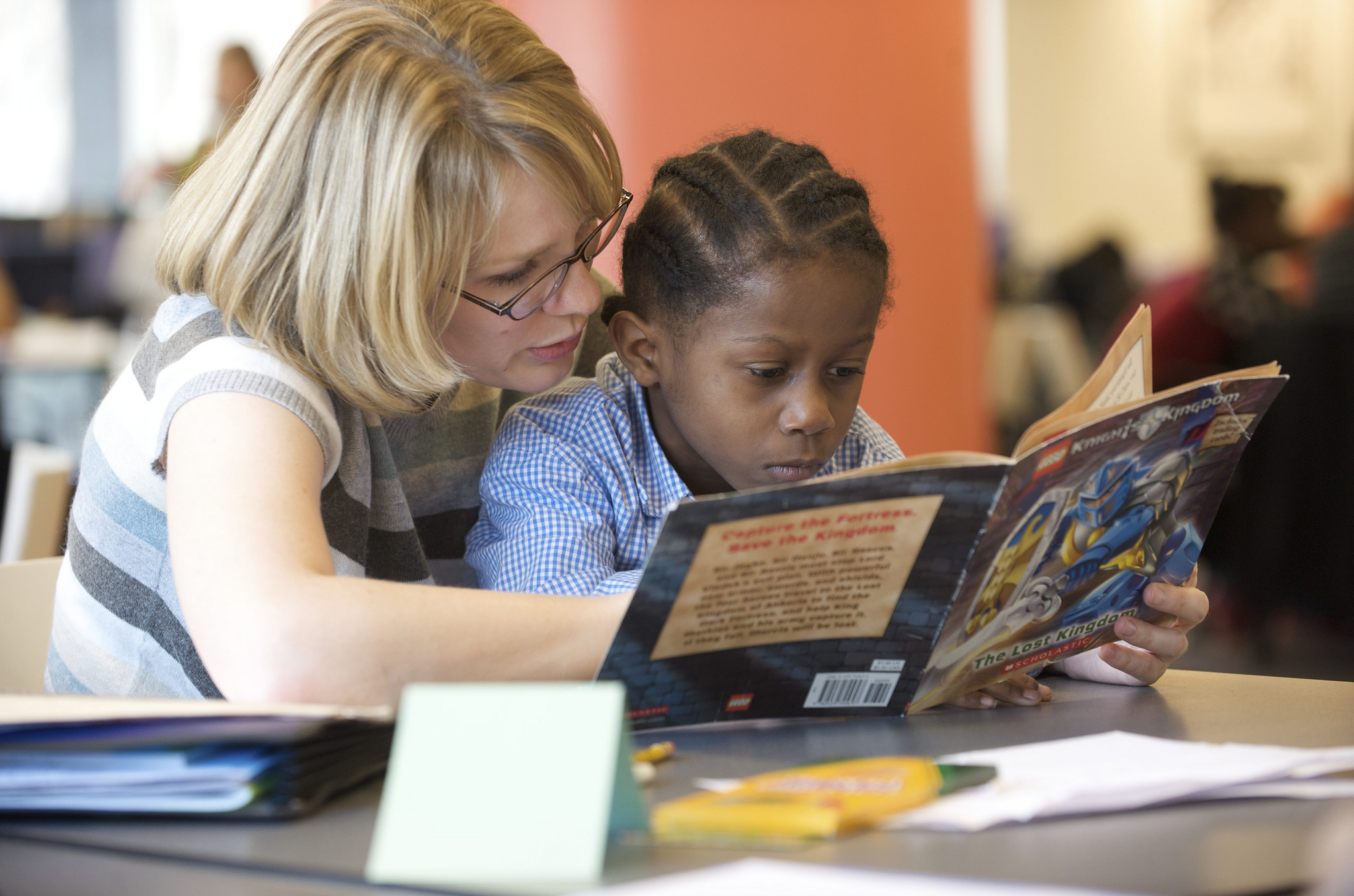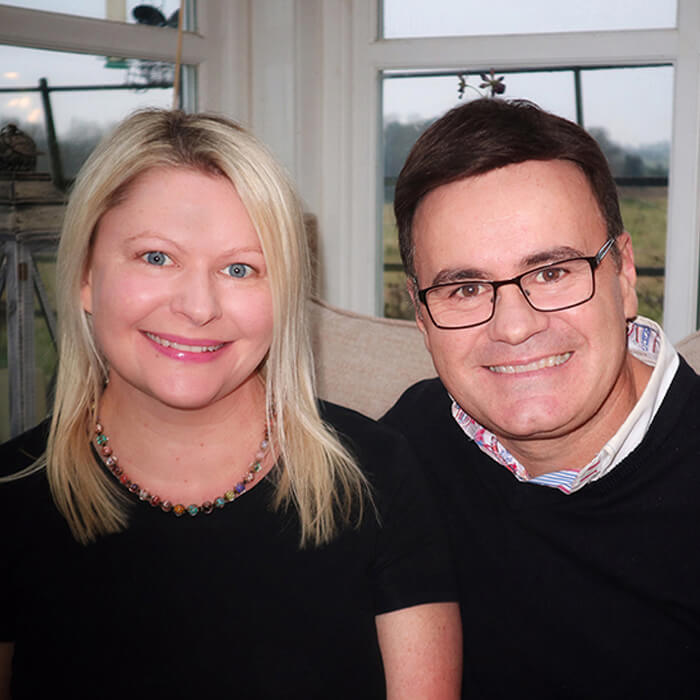
7 tips to encourage your child to read
I strongly believe that to help a child reach their learning potential, it’s important parents and teachers encourage reading. Students are more likely to do well in school if they read; even if writing and reading isn’t a child’s favourite thing, literacy skills can be developed over time, and this means that life in and outside of the classroom can be all the more enjoyable and successful, at all ages.
School is made easier too, which is a really critical reason why you should encourage your child to read. A strong reader has a broader vocabulary, wider general knowledge and an increased understanding of cultures (important for thriving and developing compassion in our contemporary multicultural society).
Parents/guardians, it’s vital you show an interest in your child’s reading development, because you are your child’s first and ultimate life-long educator.
“Children are made readers on the laps of their parents” –Emily Buchwald
Why you should encourage your child to read
7 tips on how to influence your child to love reading
- Read with your with child every day
Make your child read aloud for fifteen minutes, ensuring they stop for punctuation, difficult words and share ideas on what the meaning of the story is. Children who read have a broader vocabulary which helps in their writing and exam tasks. Also, ask your child to explain to you what they have read (e.g. talk about characters, setting, understanding of the topic and themes); this is vital in helping kids succeed in future exams and assignments.
- Choose reading material of interest to the reader
I always say to parents that I don’t care what kids are reading, as long as they are reading! Ensure children are reading their favourite material, whatever it may be (although do encourage consumption of a variety of genres and media (books, magazines, digital content) as your children grow. They’ll be more engaged across the board, and happier to de-construct (talk to you about) it.
However, if you find a child struggles to read the text, they may be reading above their ability; if you perceive there are issues, talk to a teacher to determine what the child’s reading level is. It’s better to work from where they are at. The aim is to make reading (and subsequent writing and literacy tasks) enjoyable, not challenging.
- Be patient and make literacy learning fun
It’s important that reading is presented as an enjoyable experience. As a parent, be patient. If you feel your little one is encountering difficulties, be supportive and encouraging. Remember, the main aim of reading is to make it fun; and, practice makes perfect – all the more reason this should continue outside of the classroom and into the home with regularity.
- Link to the outside world
Children want to see that what they’re reading is connecting to their ‘outside world’. As a family, it’s a great idea to research a topic together. For example, if you’re going on a holiday, investigate the destination together. Or, if your child is into games / gaming, take this opportunity to read reviews on the applications of interest to them. Reading is about what your child likes, not what you like. Embrace that – it will mean they are more engaged in the reading process and will feel uplifted and appreciated becasue you respect their opinions.
- Play [literacy] games
There are hundreds and hundreds of literacy games on the internet as well as app downloads on mobile devices; these are fun and interactive. We all know that kids are tech savvy so this is an ideal chance for your child to explain to you how a particular game works. This activity positions them as the expert in the situation, while giving them a chance to read and explain on topics of interest with enthusiasm. Simply search for relevant games on Google, or seek ideas from your child’s school.
- Experiment with audio books
I find audio books are an excellent way of introducing children to stories read by passionate presenters who can make the words on the page come alive. Kids can read along while building their vocabulary.
It’s also helpful if you read in small passages with your child, and have them apply their comprehension skills as they move through a story, explaining characters, setting and theme along the way.
- Weave literacy learnings with a field trip
It’s important to surround your child with books and writing, whether this be at home, on a field trip to a community or school library, university or book store.
In this experience, children will witness first-hand how books contribute to education, knowledge and development; and that reading is a life-long practice, not just something that you do in school.
Importantly, parents – your role is critical in influencing your child to be an enthusiastic reader. If you don’t show an interest, they won’t. Your kids model behaviour, so demonstrate that reading and writing is fun, important, and makes for a fulfilling future.
–Cooper Dawson
Feature image via Flickr creative commons, US Department of Education

